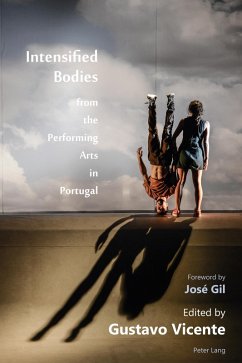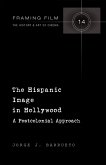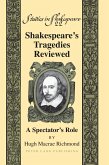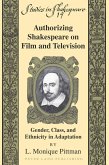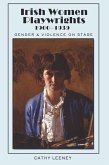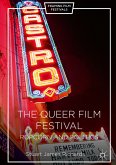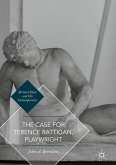The way the body is considered and explored in the performing arts has assumed a growing importance, introducing new questions and cross-cutting perspectives on our understanding of the political, sociological and philosophical relevance of the body today.This book is a meeting point for these questions, bringing together a set of contributors experienced in examining the body's presence in live performances. It interweaves several disciplinary outlooks, addressing current theoretical debates on the body relating to the theory of affects, ethics, gender, age, discourse and representation.Looking at recent practice in Portugal, the volume examines several cases where the body and issues of corporeality raise questions of memory, identity, experience and existence. It opens a rare window onto the distinctive Portuguese post-colonial legacy, which has given rise to an intensified search for new forms of bodily affirmation in the world. In so doing, the book conjures up the transformative power of performing arts today: from body into Being.
Dieser Download kann aus rechtlichen Gründen nur mit Rechnungsadresse in A, B, BG, CY, CZ, D, DK, EW, E, FIN, F, GR, HR, H, IRL, I, LT, L, LR, M, NL, PL, P, R, S, SLO, SK ausgeliefert werden.

